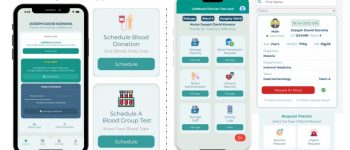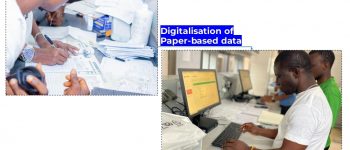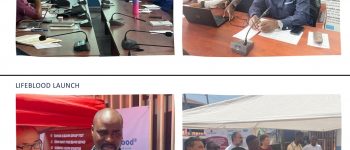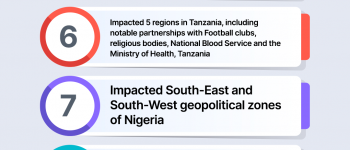TBDN mobilizes and ensures commitment to regular, voluntary blood donation by healthy, dedicated and impact driven young people within the age range 18-45 years, for constant supply of safe blood and blood products for patients-in-need in hospitals across the African continent, especially in Nigeria, Tanzania and SierraLeone, with steep mortality numbers from blood loss/shortage . This is in a bid to bridge the gap between the demand for and supply of safe blood as well as reduce mortality rates of critical care patients (women with post partum bleeding, victims of road traffic accidents, children with sickle cell anemia, cancer patients, surgical patients, etc) by at least 40% by 2030, fulfilling UN SDG goal 3: Good health and well being and its attendant targets 3.1, 3.2, 3.4, 3.6. We ride on the pillars of youth engagement via youth social networks, art (music, football, customized merchandise for advocacy) and media (social media, digital film documentaries, news channels); participative volunteering in committing to the corporate social responsibility of regular, voluntary blood donations; creative and innovative youth wellness events at institutions of learning, bringing the opportunities for blood donation closer to them while offering health services they require via a differentiated service delivery model. Knowing the power of technology in today’s digital world, we are utilizing the fusion of simple and emerging technologies in LIFEBLOOD digital application as described above to optimize blood information management, communal donation campaigns, smart donor matching and prompt deliveries for critical care patients equitably.
4441+ blood pints have been donated so far from implementing partnerships and advocacy engagements of 8500 + young people and initiatives via educational resources, media channels, digital film making (launched 2 short films in 2024), school based blood drives and wellness services (reproductive and mental health programmes, positive reinforcements as food, transportation arrangements for youth donors to and fro donation sites. We are currently undertaking a research to understand barriers and facilitators to voluntary blood donation amongst undergraduates to inform policy advocacy and better provision of donation services at the universities. Our Impact spans across 5 regions in Tanzania with 1600+ direct beneficiaries of sickle cell disease screening; the South-West and South-East geo-political zones in Nigeria with 23 + blood drive events benefiting 1500+ critical care patients in need of blood directly and 10+ stakeholder partnerships amplifying advocacy efforts and participative volunteering action; 4 government hospitals in Freetown, SierraLeone with 1000+ public mobile users, 700+ blood group tests done. We have also struck notable partnerships with football clubs, youth associations, religious bodies, related CSR initiatives, blood service commissions and the Ministries of Health in these countries of impact, while leveraging grants, philanthropic donations and sponsorships to scale the work we do. We recently collaborated with the Coalition of Blood for Africa during the festive period to organize blood drives across Kenya, Nigeria, Tanzania and Uganda, equipping hospitals with Life-saving blood products to respond to road traffic casualties as common with increased travels during the period.
We are looking to launch high level policy advocacy in Nigeria to draw the attention of legislative bodies for promotion and support of blood donation efforts in institutions of learning and corporate sponsorships by the private sector. We are also looking to launch version 2 of the LifeBlood application (expanding its use to other countries), a LifeBlood mobile system for blood deliveries and the LifeBlood Safe Blood Consortium across Africa.
Critical care patients
Medical Practitioners
Hospitals and Blood bank facilities
Ministries of Health
National Blood Service Commissions
University Management Officials
Related CSR and blood donation initiatives
Health-tech companies





